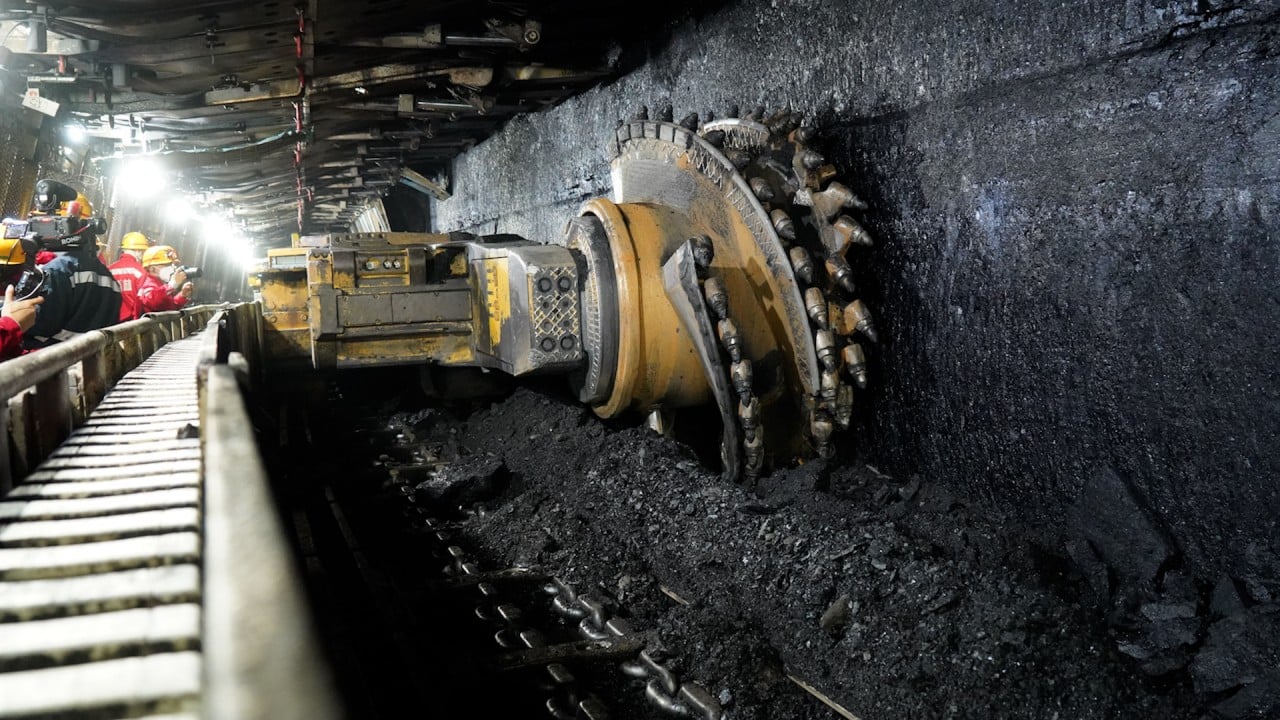
Amid global climate crisis, G20 nations need to commit to phasing out coal
- Building new coal plants locks the region into higher carbon emissions and energy costs for decades
- A G20 ‘no new coal’ pledge can be the first critical step to averting climate disasters and building the green energy infrastructure the region needs
A report by energy think tank Ember, the Centre for Research on Energy and Clean Air, and the Institute for Energy Economics and Financial Analysis found that solar generation helped seven Asian countries avoid at least US$34 billion in fossil fuel costs in the first half of 2022.
Governments across the region recognise that the development of renewable energy is the key to future prosperity. The Indian government plans to add 250GW of renewable energy capacity in the next five years to achieve its target of 500GW of clean energy by 2030.
This year alone, China aims to add a whopping 160GW of solar and wind energy capacity. It aims to bolster its position as a global renewable energy leader and is on track to reach its 2030 goal of 1,200GW wind and solar capacity five years early.

These policy choices have potentially disastrous consequences for the region, which is predicted to bear the brunt of climate change in the form of heatwaves, floods and rising sea levels. These are also policy choices that have no strong economic basis; the additional coal capacity appears to be surplus to requirements.
A study by Transition Zero indicates that Indonesia’s coal capacity already far exceeds its needs, and the country could save US$2 billion by replacing many of its coal plants with cleaner power sources. In India, the National Electricity Policy shows the development of coal power capacity exceeds estimated demand for 2027 and 2032.
By building new coal plants, we are not only locking in emissions for decades, we are also locking in contracts that will leave us paying more for energy, undermining the ability of our economies to compete globally.
There is no need to choose between energy security and the environment – the two go hand in hand. A commitment to no new coal projects by G20 leaders this week would be the first, most critical step to averting a global climate crisis and building the energy infrastructure the region needs to maintain its competitive advantage.
Vibhuti Garg is director, South Asia, of the Institute for Energy Economics and Financial Analysis

.jpg?itok=rPO1veae&v=1693880225)
